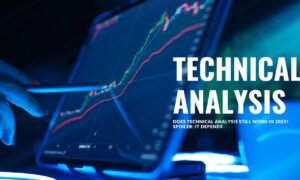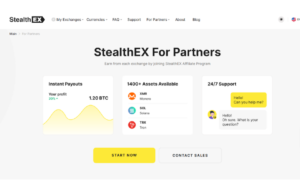An ETF is a basket of stocks that mirrors the composition of an Index, like the BSE Sensex, Nifty 50 or S&P CNX Nifty. The ETF or an Exchange Traded Fund is an Index Fund that is traded on stock exchanges, just like stocks. These are a great investment opportunity for seasoned, as well as retail investors. ETF allows the investors exposure to the entire stock market in different sectors and sometimes even internationally at an affordable investment structure. The value that the ETF is traded on is based on the demand and supply of the particular ETF. This is just the opposite to other mutual funds which are bought or sold based on mutual fund NAVdeclared at the end of the market hours.
If you want to know the future value of your one-time investments, then a lumpsum calculator can be of much use to you. Some investors try to input the search word as a lumpsum SIP calculator while searching for a lumpsum calculator. Thiswill not give you the correct result as the words SIP and lumpsum represent contrary things. An SIP is an investment plan in which you invest a small amount of money intomutual funds, whereas a lumpsum investment is made by investing a chunk of money at one-time.
An Exchange traded FundorETFdoes not offer the facility of SIPs. There are a few brokerage houses that offer the option to buy a certain number of units of the Exchange Traded Fund per month, which in effect works like a SIP in ETFs, since you are regularly investing in the Exchange Traded funds. However please note that unlike other mutual funds, SIP in ETF is not possible in an automated way.
The lumpsum calculator will help you understand how much the investment value will be after a certain period at a certain rate of return on your ETF investment.
How does an exchange traded fund work?
For trading in an ETF you will need a Demat account and a Trading account. The Exchange Traded Fund tracks an underlying index and does not require active fund management. This is the reason why Exchange Traded Funds have very low administrative and management costs when compared to an actively managed mutual fund. The assets underlying an ETF are managed by the fund manager.
Exchange Traded Funds, like any other investment vehicle, need to be suited to your individual investment profile. A lumpsum calculator will be able to give you the result of how much you need to invest in one go to reach a particular goal or how much your investment will be worth in future if you invest some amount in one go. Carefully input the expected rate of return in a SIP calculator basis your risk-taking appetite.
While the lumpsum calculator will show the values based on your one-time investment amount, it has nothing to do with whether it is a passive mutual fund like ETF or an active mutual fund. Depending upon your understanding and maturity about mutual fund investments you should choose between an ETF and active mutual funds.
You must contact your mutual fund distributor and stockbroker or your financial advisor to guide you on selecting the bestmutual fundschemes or Exchange traded fund option for you based on your goals.



































